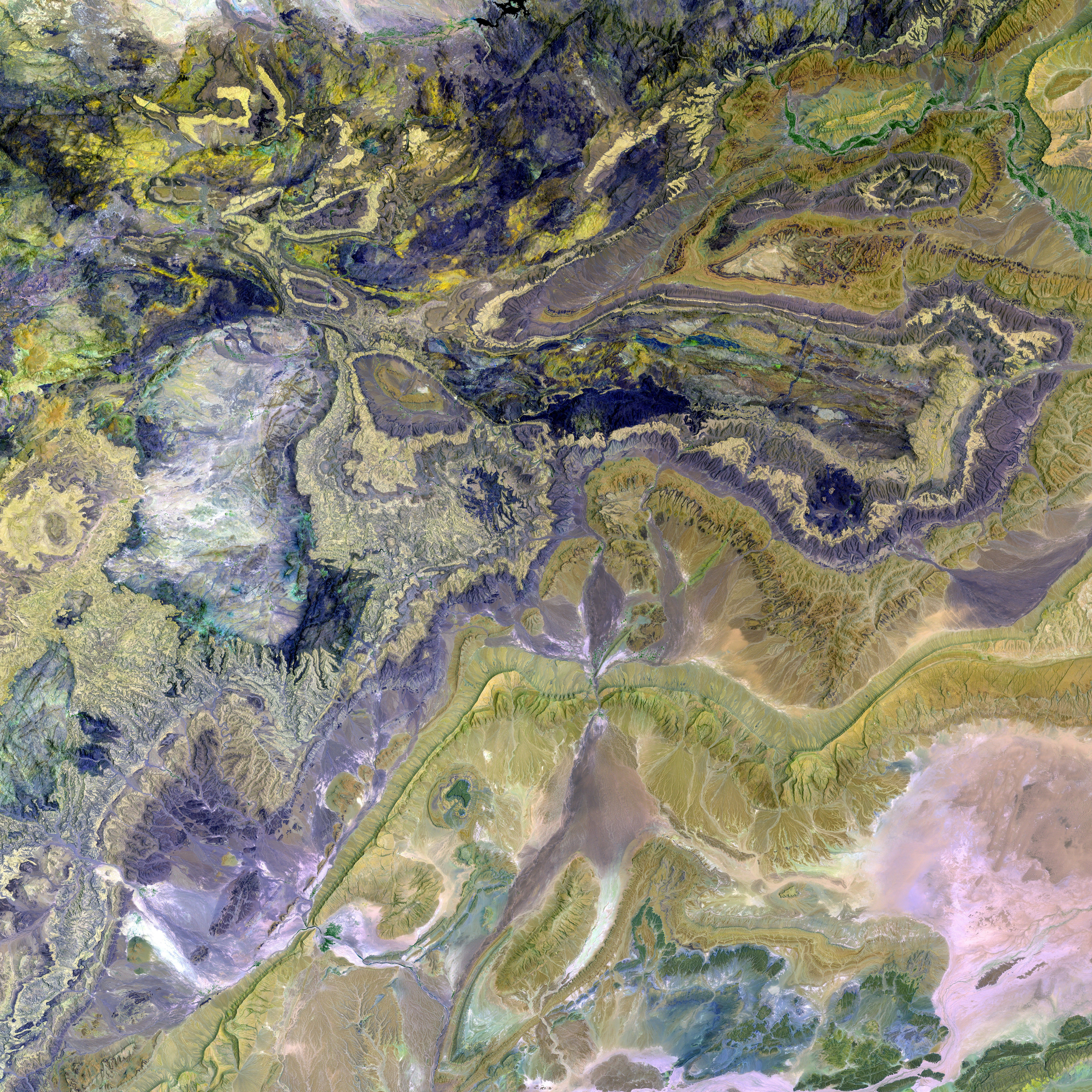Dramatic Censorship Conflict: The Religious Upheaval in Georgia's Theatre World and the Struggle between Faith and Freedom
In the heart of May 2025, the provocative theatrical production, Liberté, at the Royal District Theater in Tbilisi sparked a fierce cultural and religious disputation in Georgia. Inspired by the Marquis de Sade's Philosophy in the Bedroom, this play ventured into themes of sexuality, including same-sex relationships, and dialogues that some deemed blasphemous. Amidst restrictions on recording, leaked excerpts were broadcasted by the pro-government channel Imedi, accusing the play of promoting "LGBT propaganda" and disrespecting religious sentiments.
The Georgian Orthodox Church swiftly labeled the play as "blasphemous" and threatened excommunication for the creators unless they repented. Demonstrations ensued outside the theater, demanding apologies from director Data Tavadze, his father, actor Nika Tavadze, and the cessation of municipal funding for the theater. Elder Tavadze retorted with a dismissive comment: "talentless propaganda."
This event stubbornly echoes Georgia's history. In 2006, the Georgian Orthodox Church denounced The Da Vinci Code, cautioning believers against watching the film due to its allegedly humiliating content toward Christian feelings. Protests erupted in Tbilisi, dubbing cinemas as the locations for a second crucifixion of Christ. The 2019 film And Then We Danced faced similar threats from ultraconservative groups, highlighting a recurring friction between artistic freedom and religious restraint in Georgia.
The Georgian Orthodox Church wields substantial power over Georgia's cultural and political spheres. Its resistance to events like Tbilisi Pride Week underscores broader opposition to Western liberal values. In 2024, the Church advocated for legal action against so-called "perverse lifestyles," emphasizing the importance of preserving the nation's Christian heritage. This fusion of religious authority, national identity, and cultural norms regularly positions the Church as a guardian against progressive movements and expressions that deviate from traditional values.
Theatrical productions have long been attempting to push political and social boundaries in Georgia. Sandro Akhmeteli, a distinguished Georgian theater director in the early 20th century, utilized his platform to challenge authoritarianism. His play In Tyrannos (Against Tyranny) became a symbol of opposition during the 2024-2025 protests against anti-democratic actions in Georgia. This historical context emphasizes the continued influence of theater as a tool of dissent and the risks that artists take while confronting entrenched power structures.
As Georgian society seeks its identity in the modern world, the dialogue between sacred beliefs and secular expressions remains a central aspect of its cultural identity. Understanding this dynamic is crucial for appreciating the intricacies of Georgian society and the challenges it faces while reconciling its rich heritage with contemporary global influences.
Digging deeper into this recurring debate, it's evident that the conflict between religion and secular art has sparked passionate debates across the globe. As societies evolve, grappling with questions of modernity, tradition, and identity, these engagements reveal the intricate relationship between cultural production and religious tenets.
Insights from countries such as France, Russia, India, the United States, and Nigeria offer valuable learning across the globe. In France, the concept of laïcité (secularism) significantly influences the state's identity, occasionally pitting art against religious conservatism. In 2011, Golgota Picnic, a controversial play by Rodrigo García, sparked outrage among Catholic groups due to its explicit content and its perceived mockery of Christian symbols. In stark contrast, the French government staunchly defended the play under the principle of artistic freedom.
In Russia, the staging of Richard Wagner's opera Tannhäuser at the Novosibirsk Opera and Ballet Theater in 2015, sparked protests and legal charges for the director, Timofey Kulyabin. The incident highlighted the state's willingness to enforce religious sensibilities through legal action, thereby curbing artistic expressions. These instances showcase varying responses to religious-artistic conflicts, reflecting each nation's sociopolitical context.
To navigate this intricate dance of art, beliefs, and public life, societies should aim for open dialogues rather than imposing strict verdicts. By fostering understanding and accepting the differences, societies can ensure a harmonious coexistence of diverse artistic expressions and religious beliefs.
- Amidst the cultural and religious disputation in Georgia, books on education, self-development, and personal growth involving themes of sexuality, social-media discussions about the play, and pop-culture analysis have gained prevalence.
- The controversy over Liberté has also sparked debates on general-news platforms about crime and justice, particularly with regards to freedom of speech and artistic expression.
- Some learning resources have explored how sci-fi and fantasy narratives could benefit from integrating themes of sexuality and social justice, drawing parallels with the ongoing situation in Georgia.
- As some criticize the Georgian Orthodox Church's resistance to progressive movements and expressions, education materials emphasize the importance of understanding politics in Georgia for a deeper grasp of its cultural identity.
- Engagements between religious tenets and secular art, as observed in Georgia and other countries like France, Russia, India, the United States, and Nigeria, can offer valuable lessons on how to navigate the complexities of modernity, tradition, and identity in today's globalized world.








